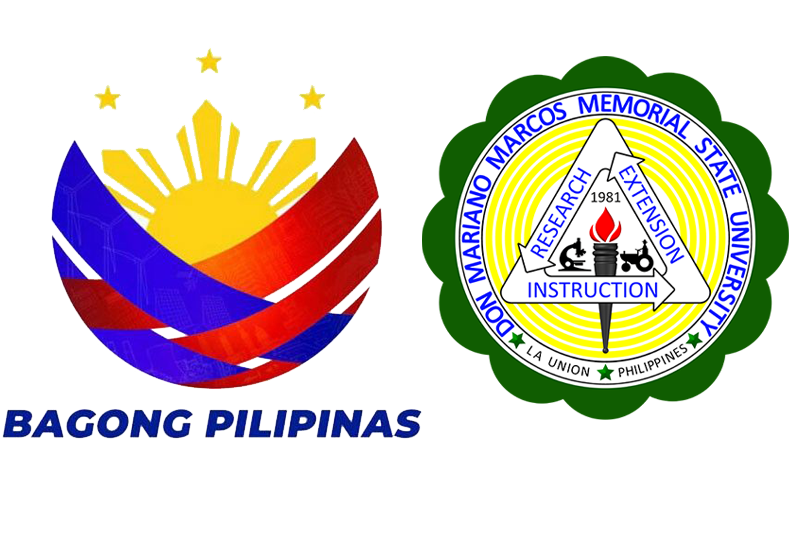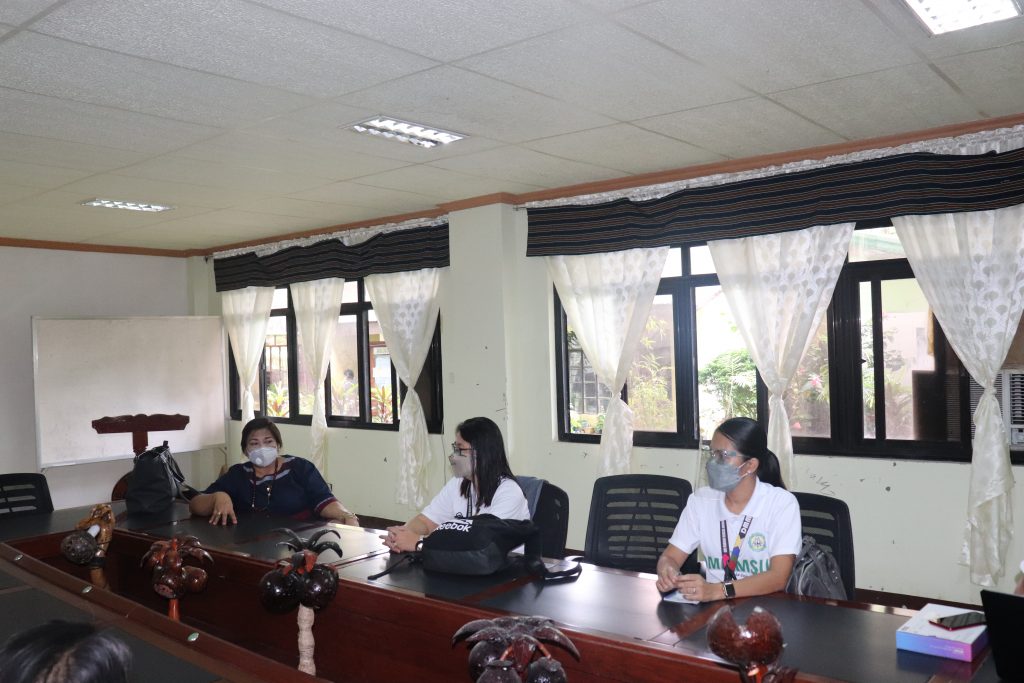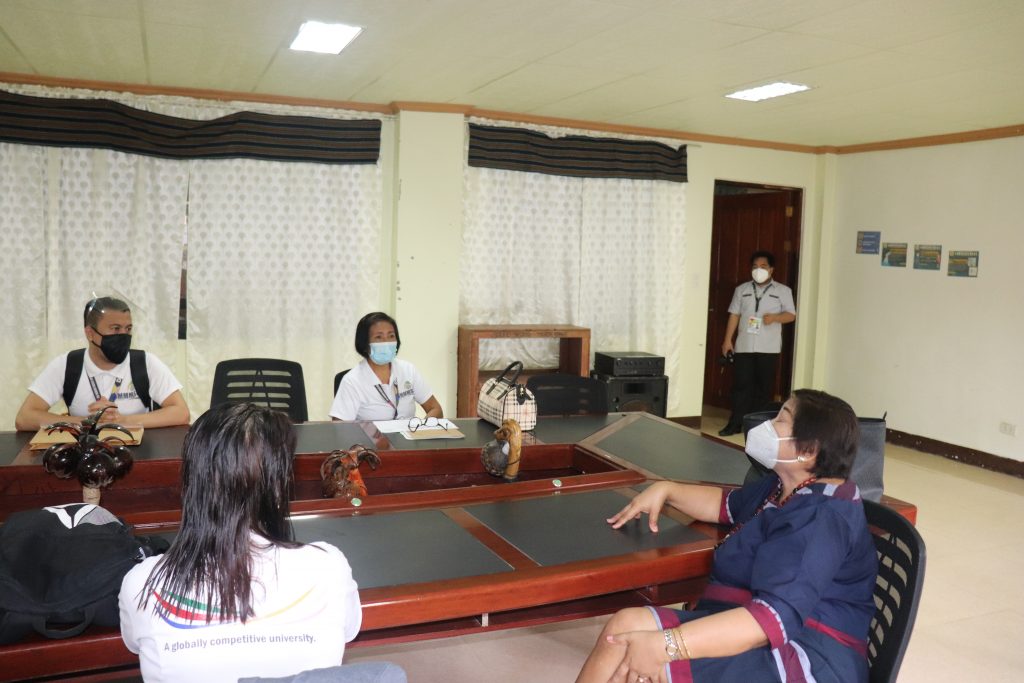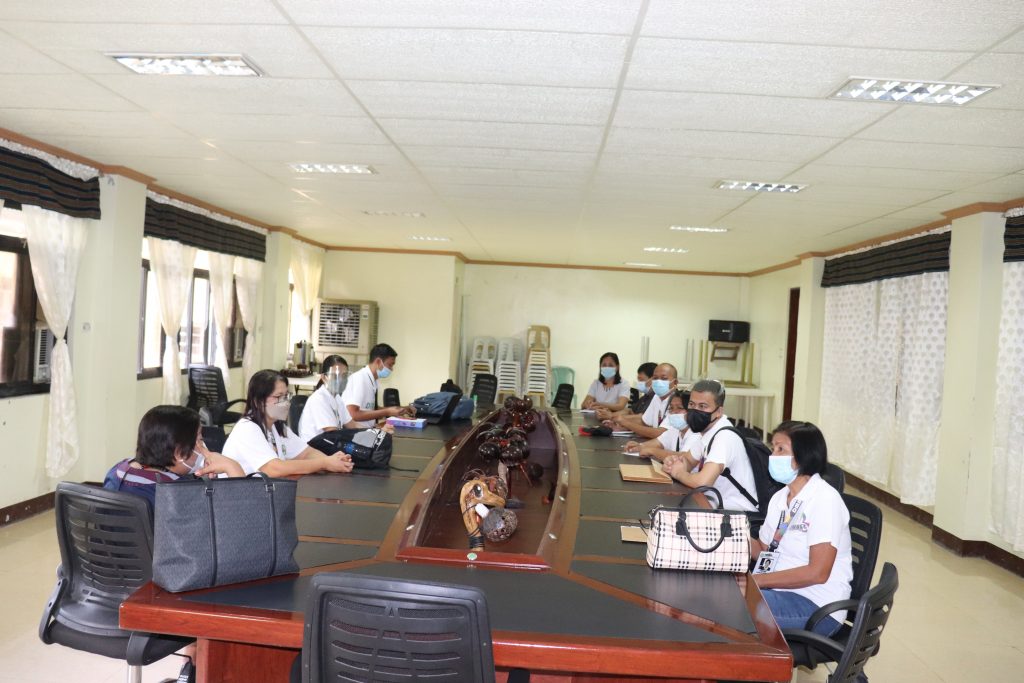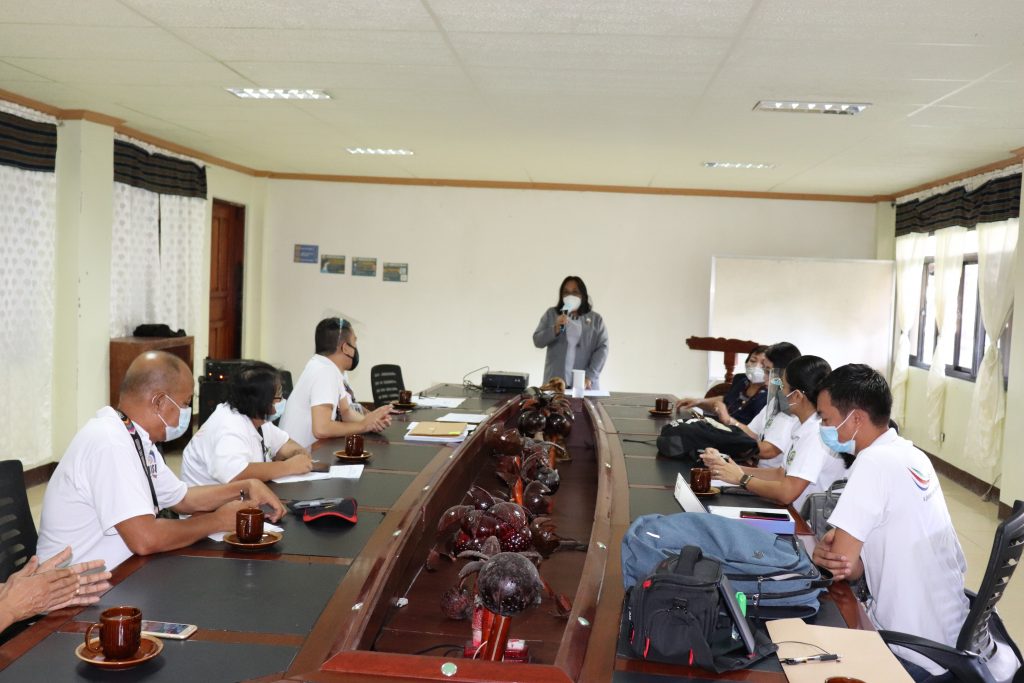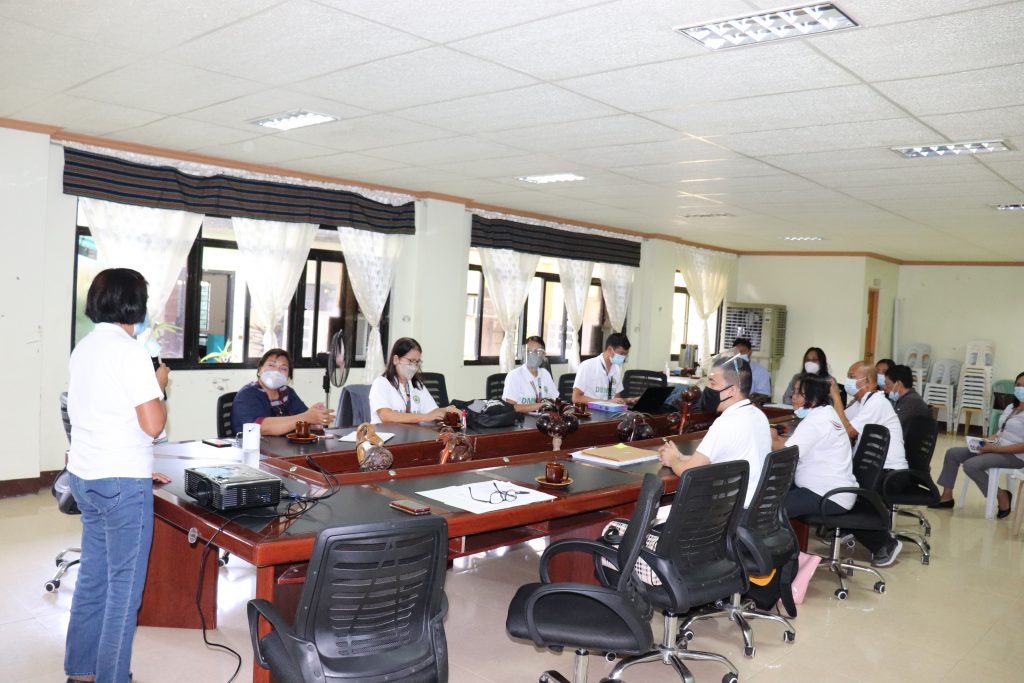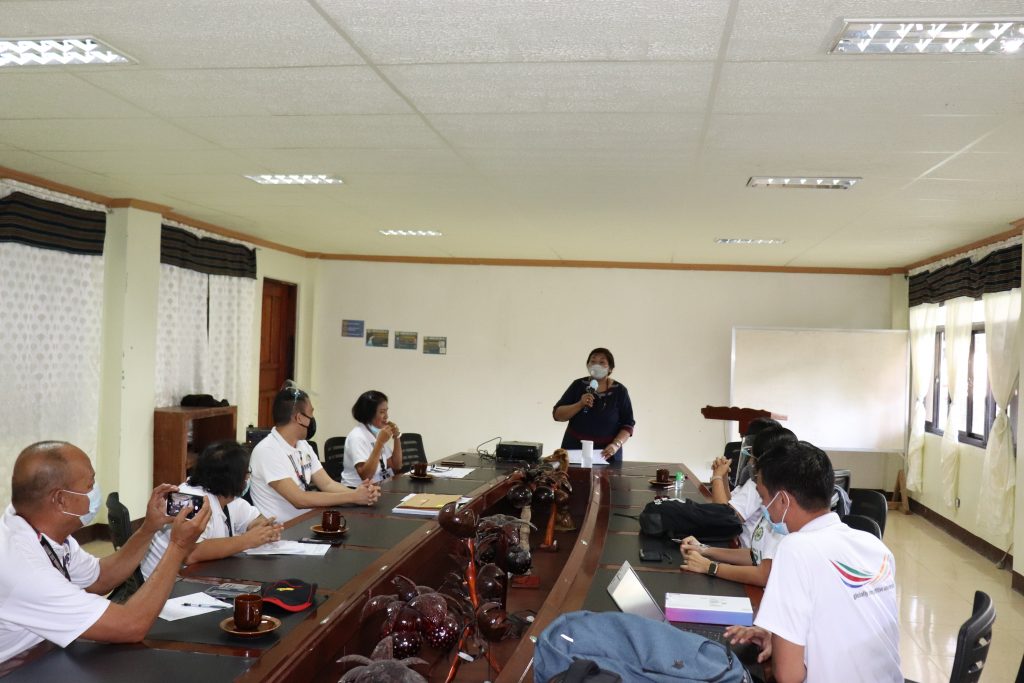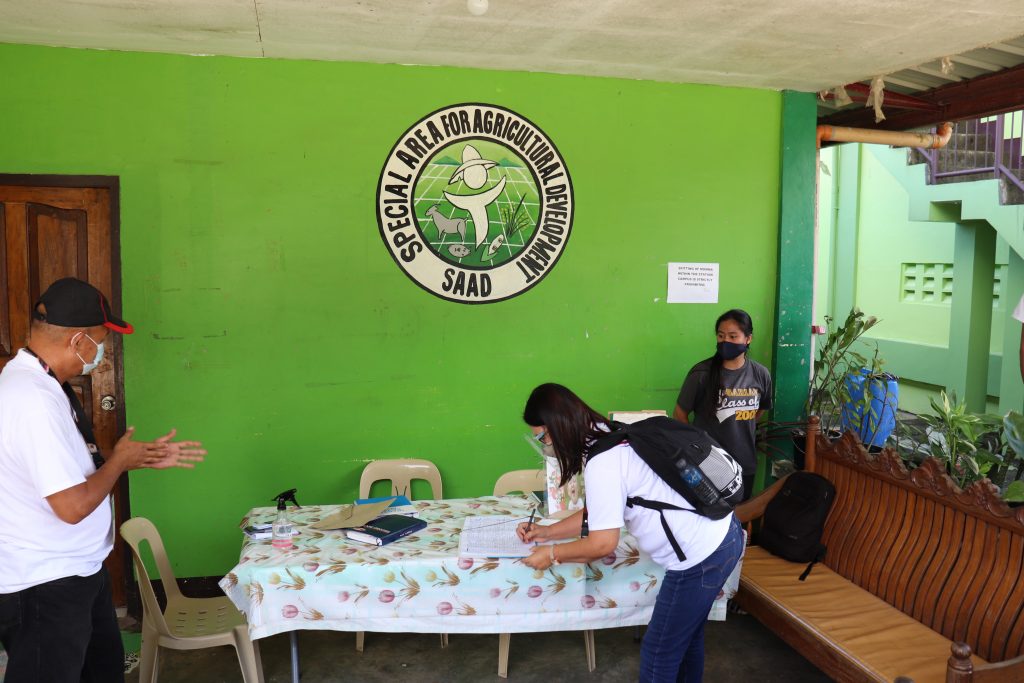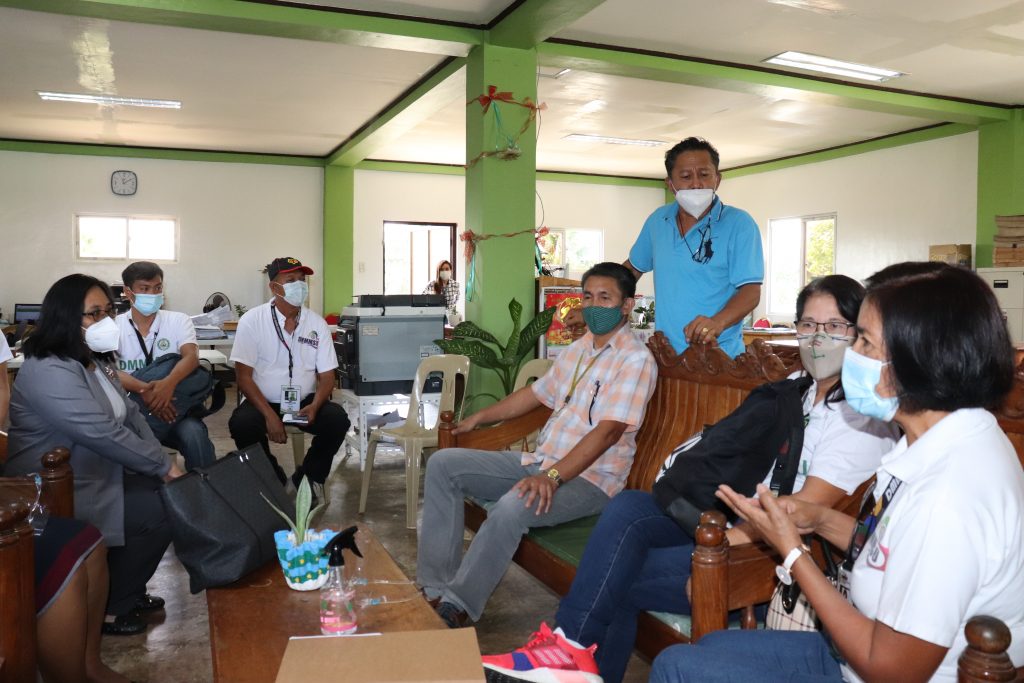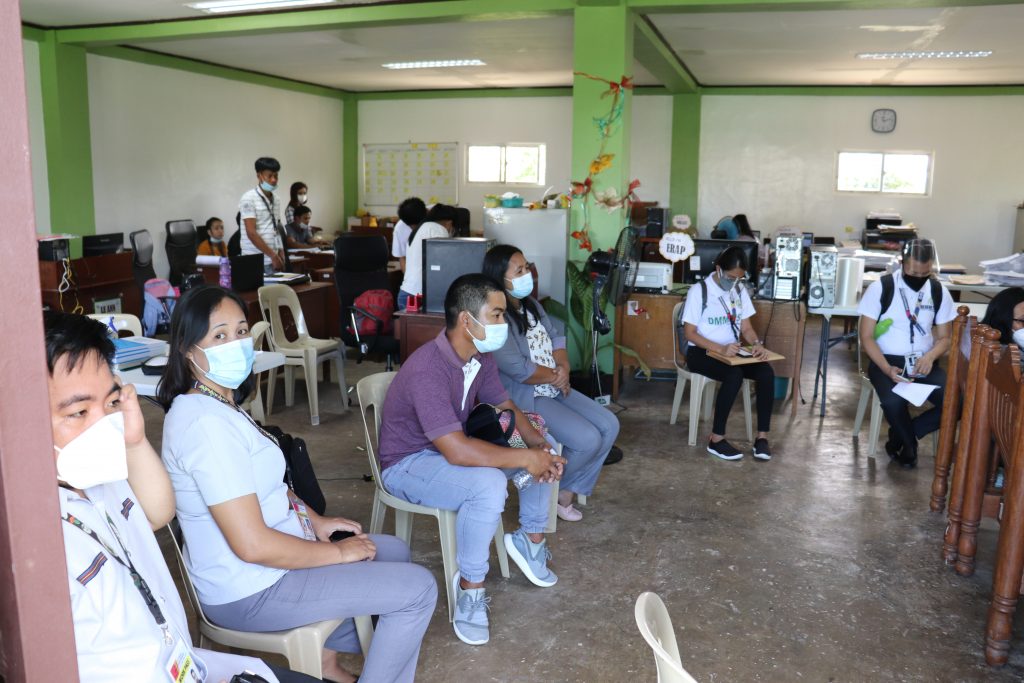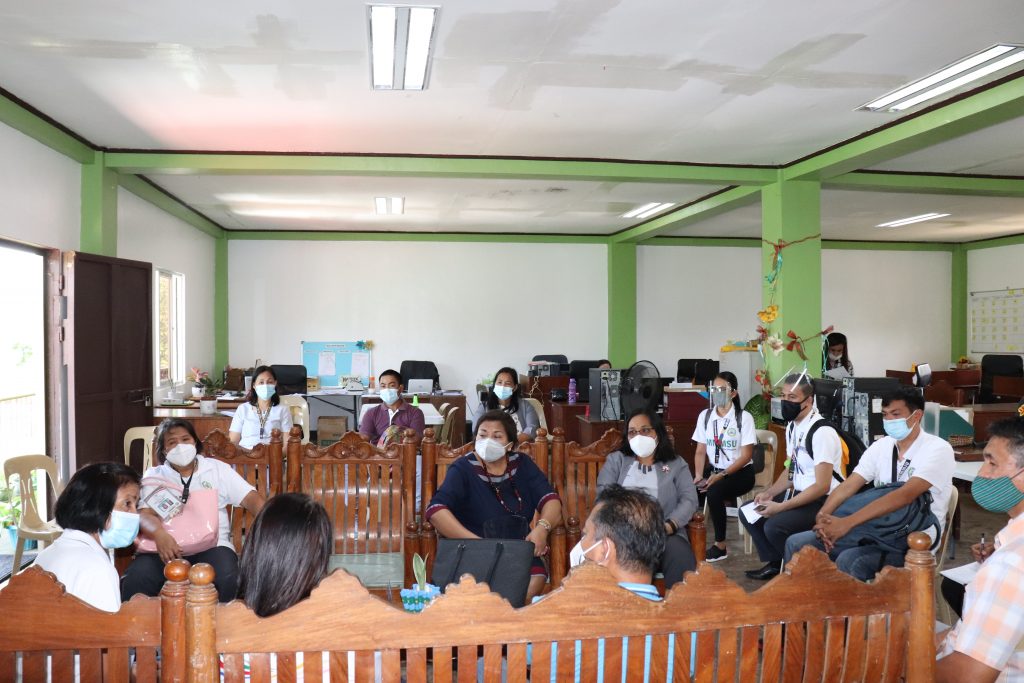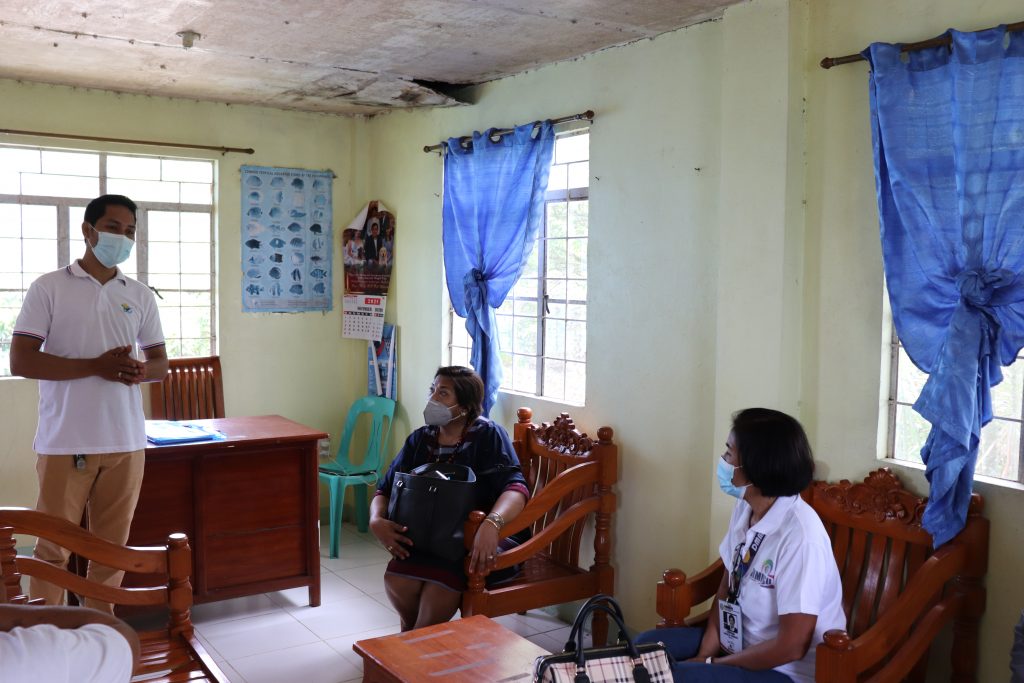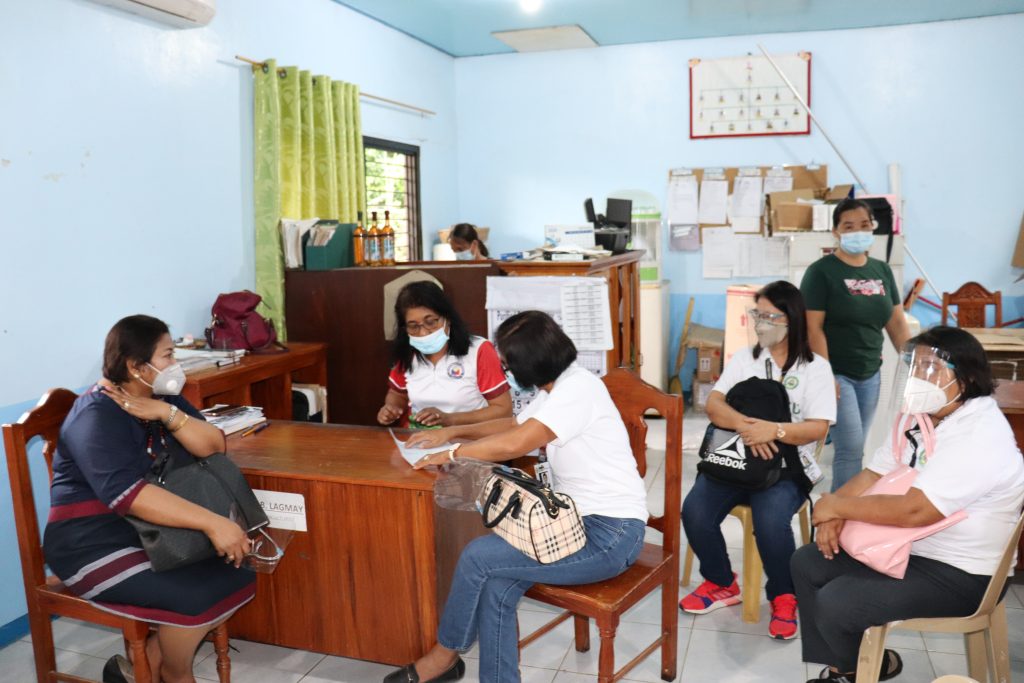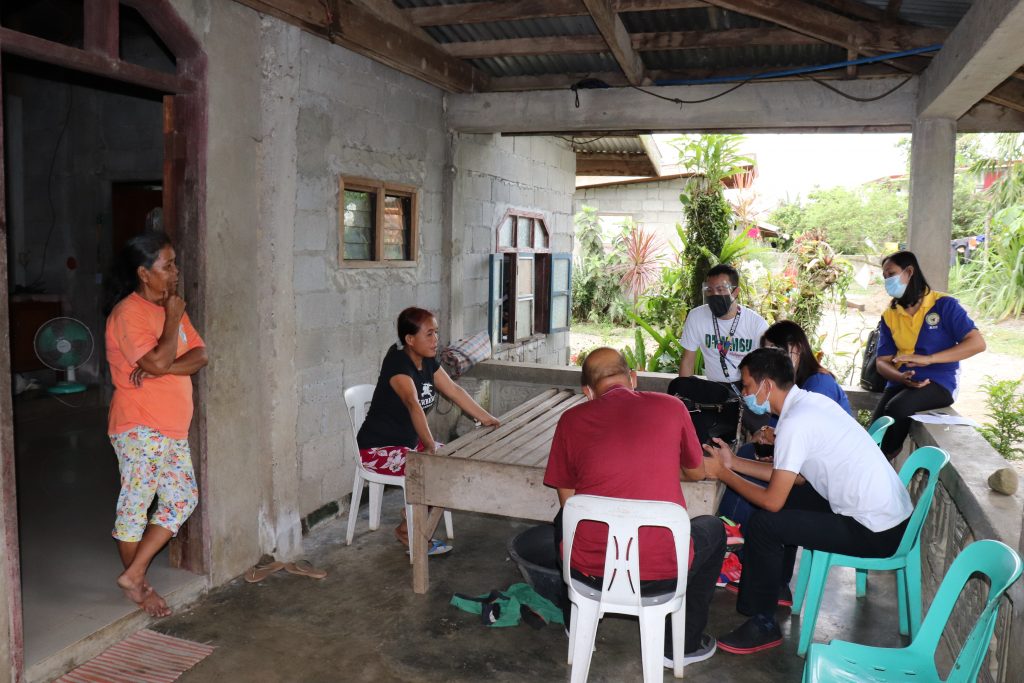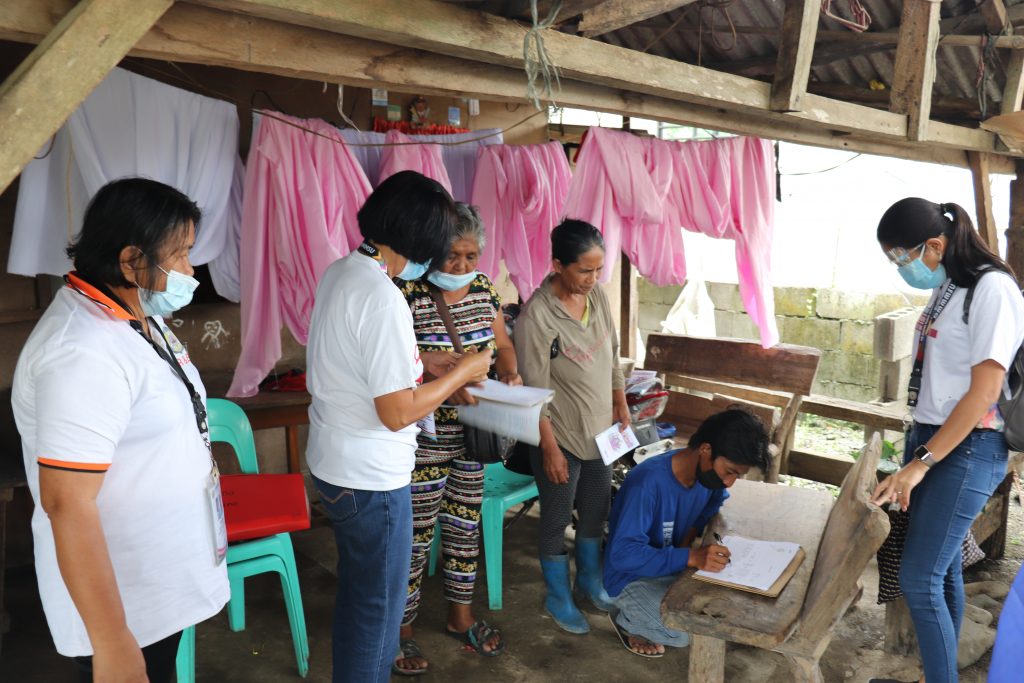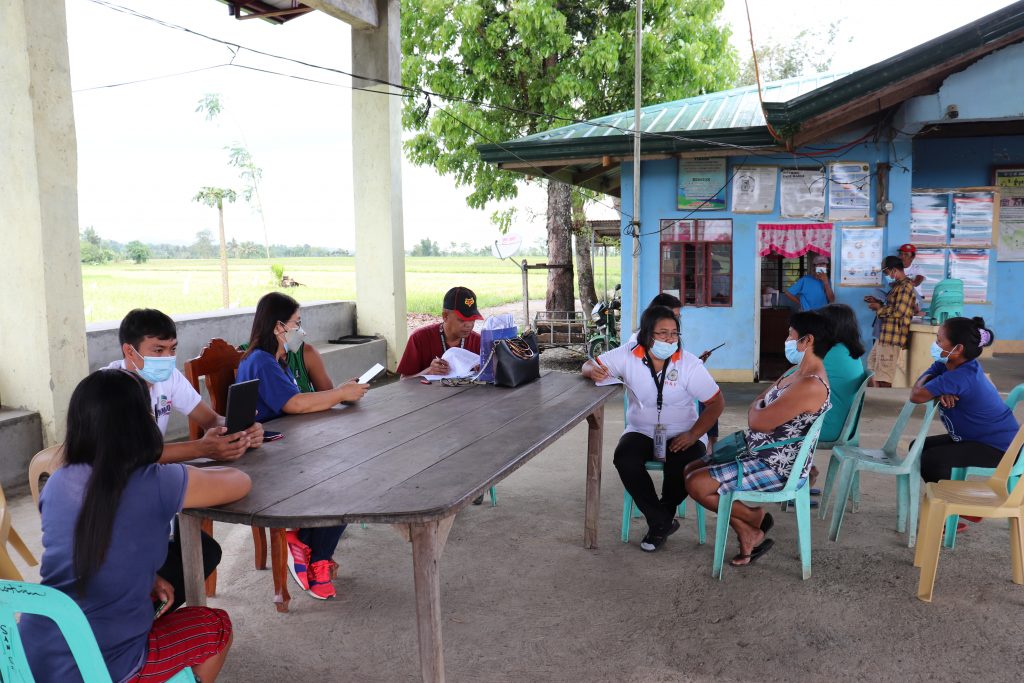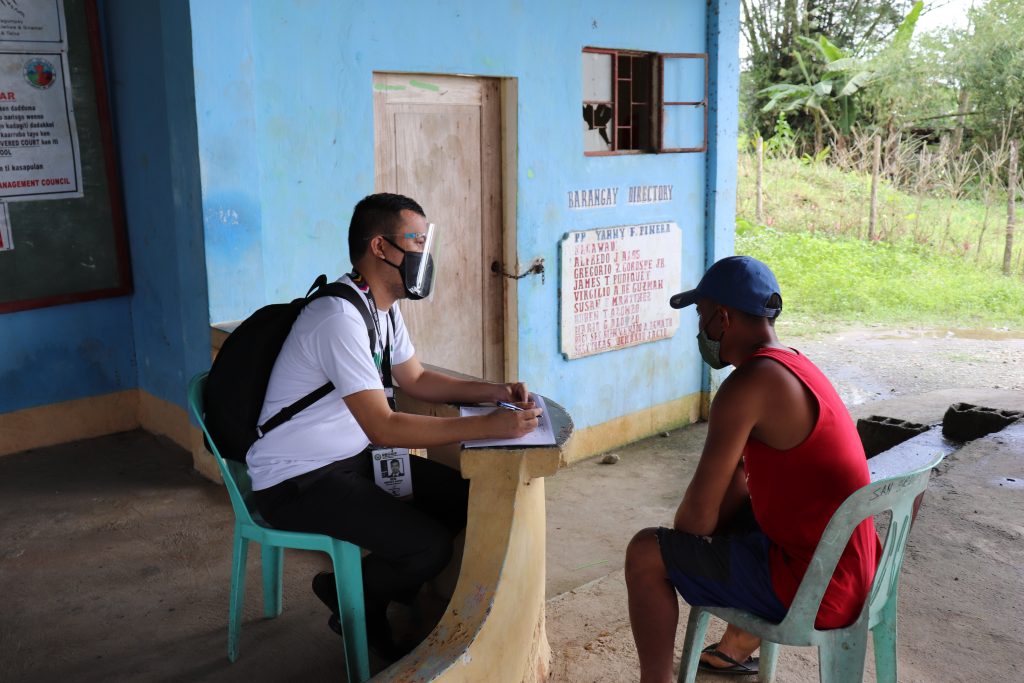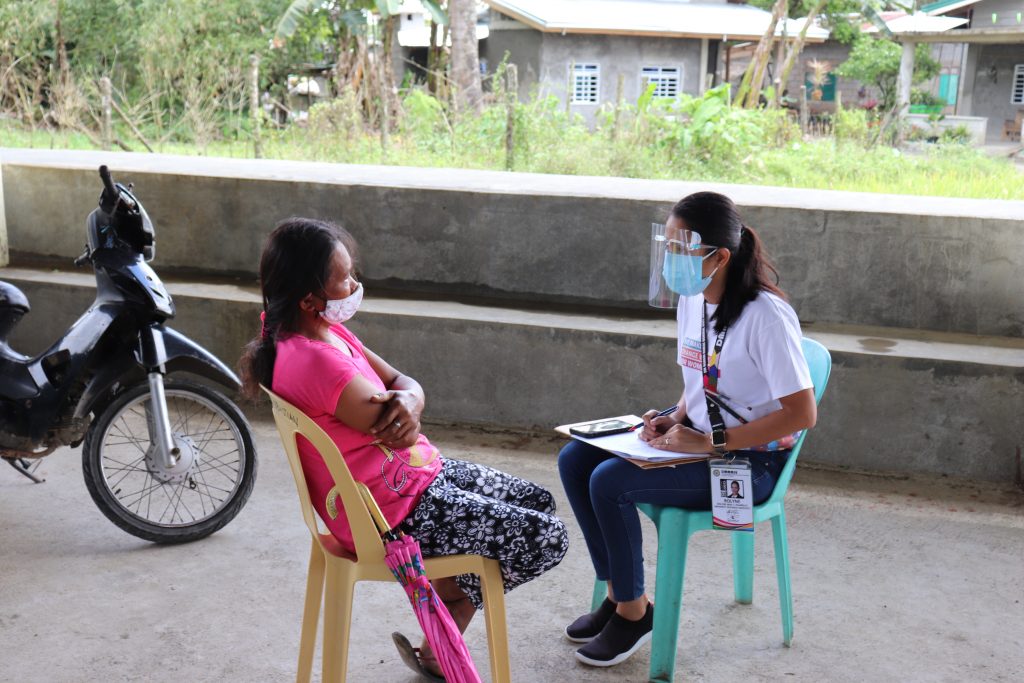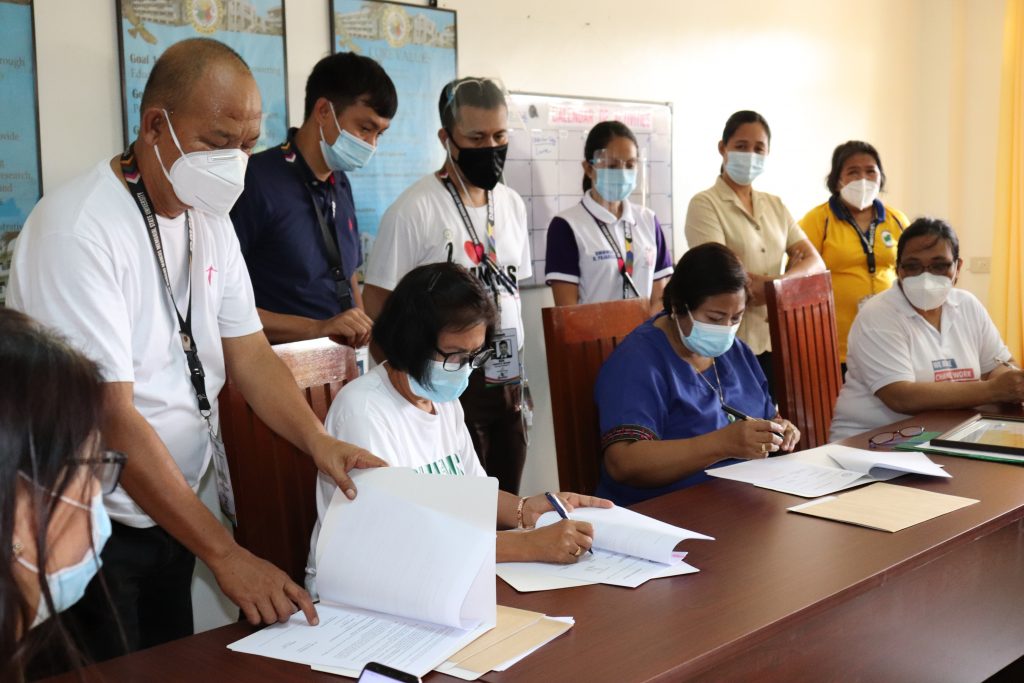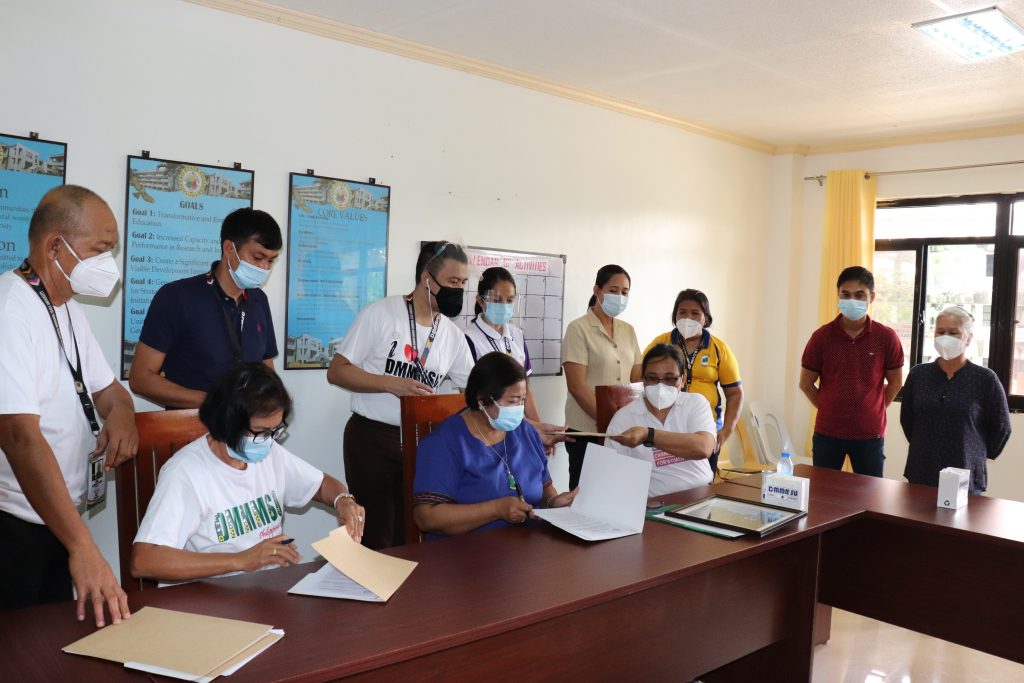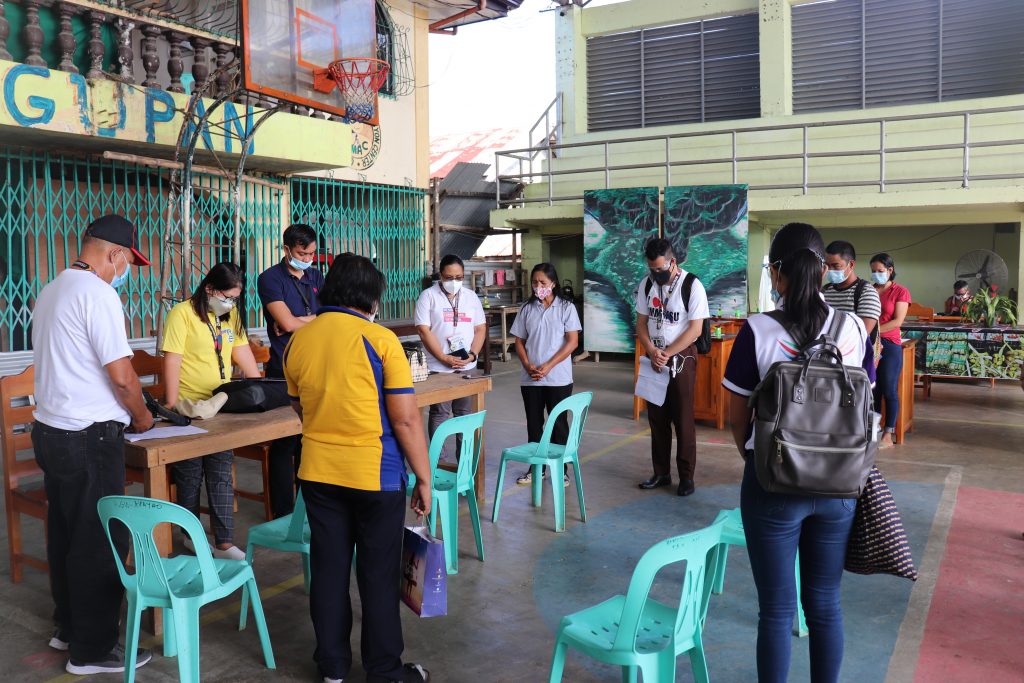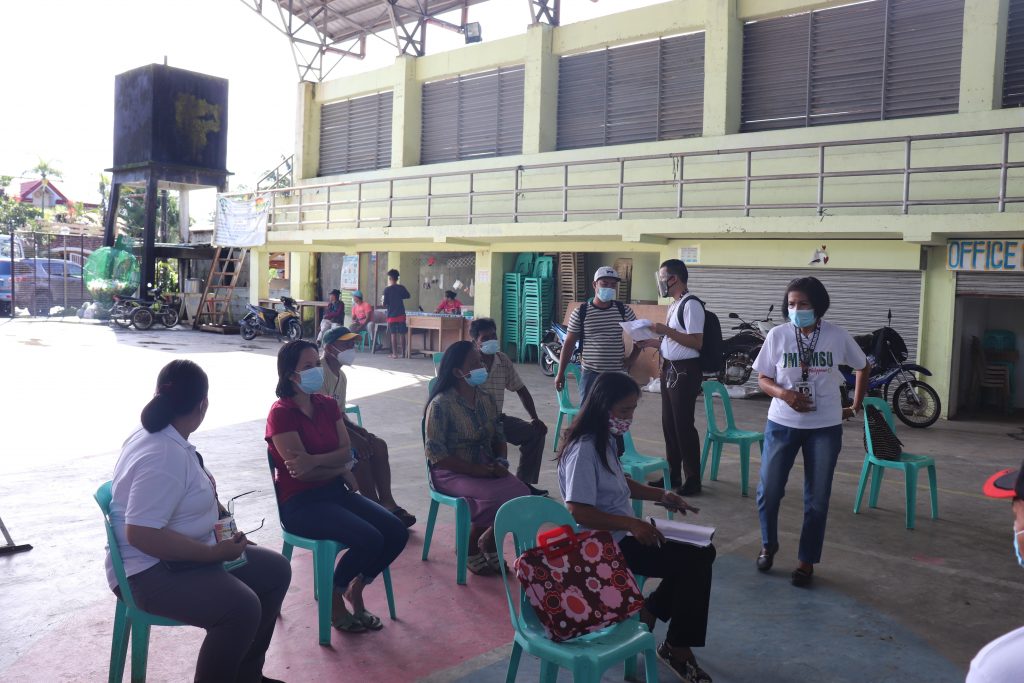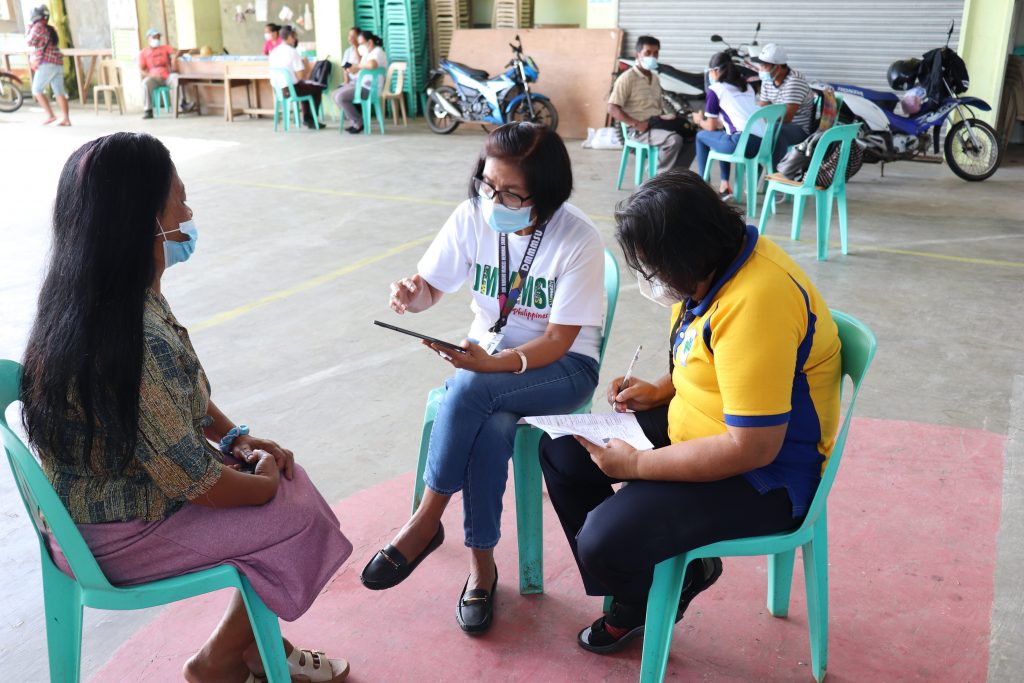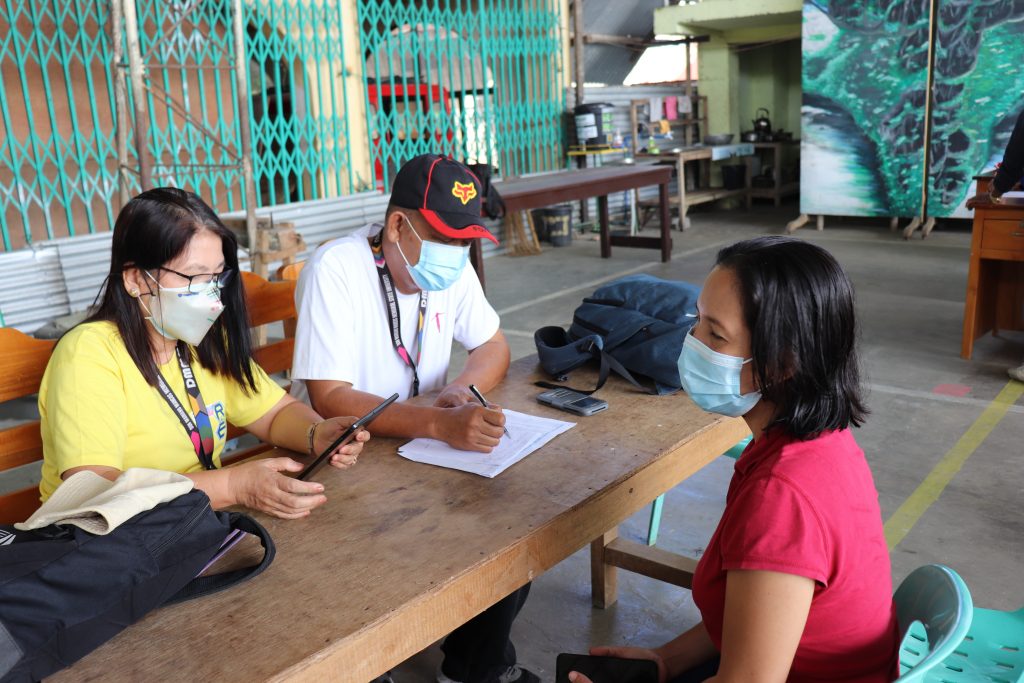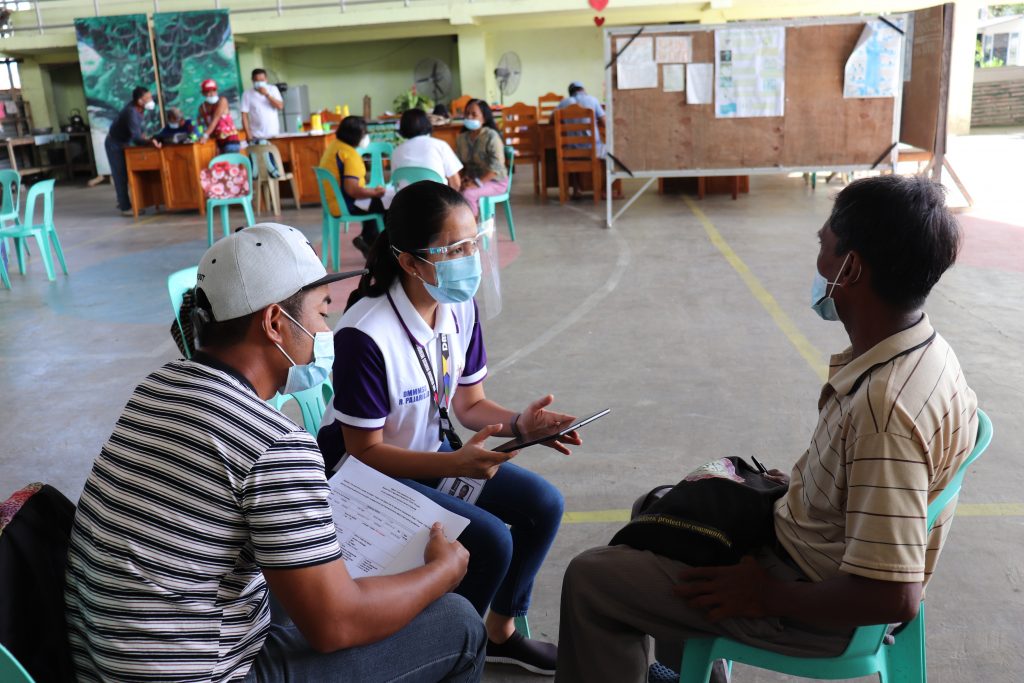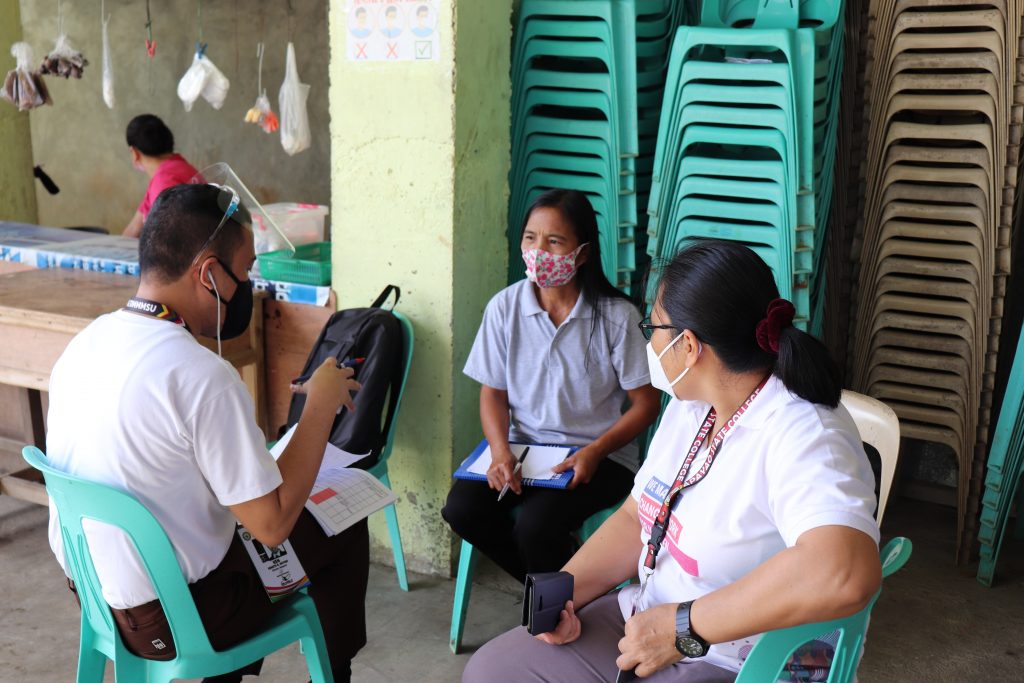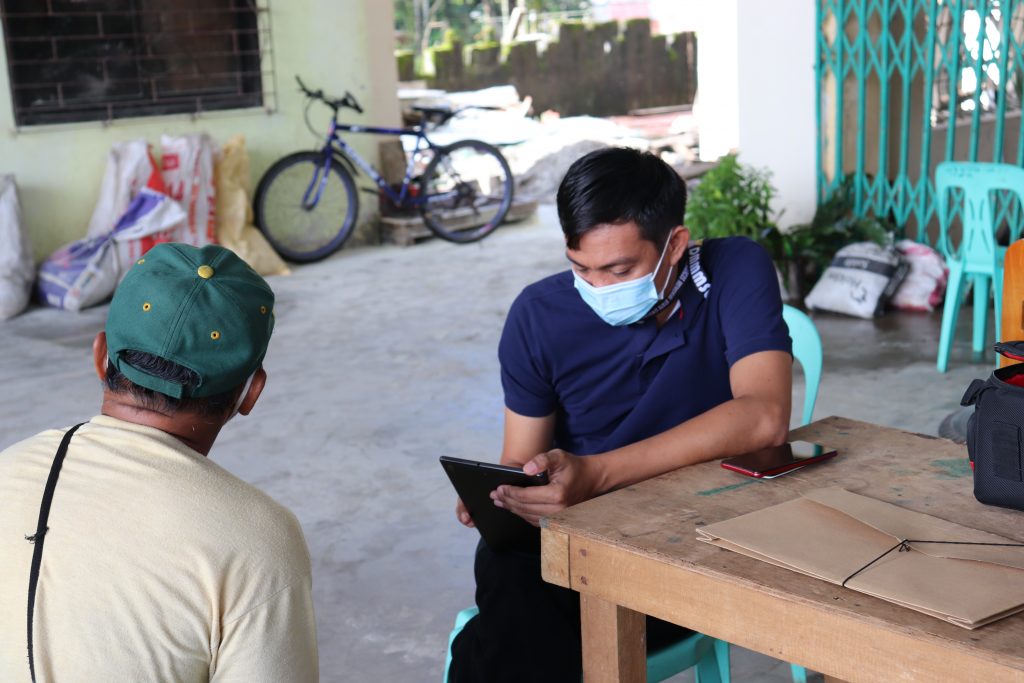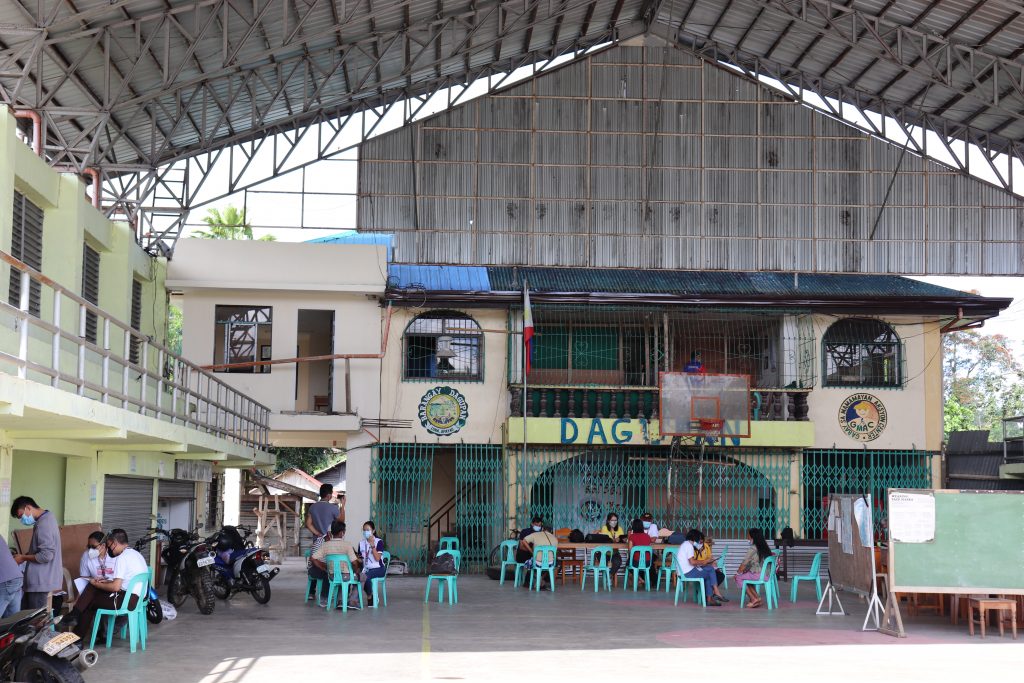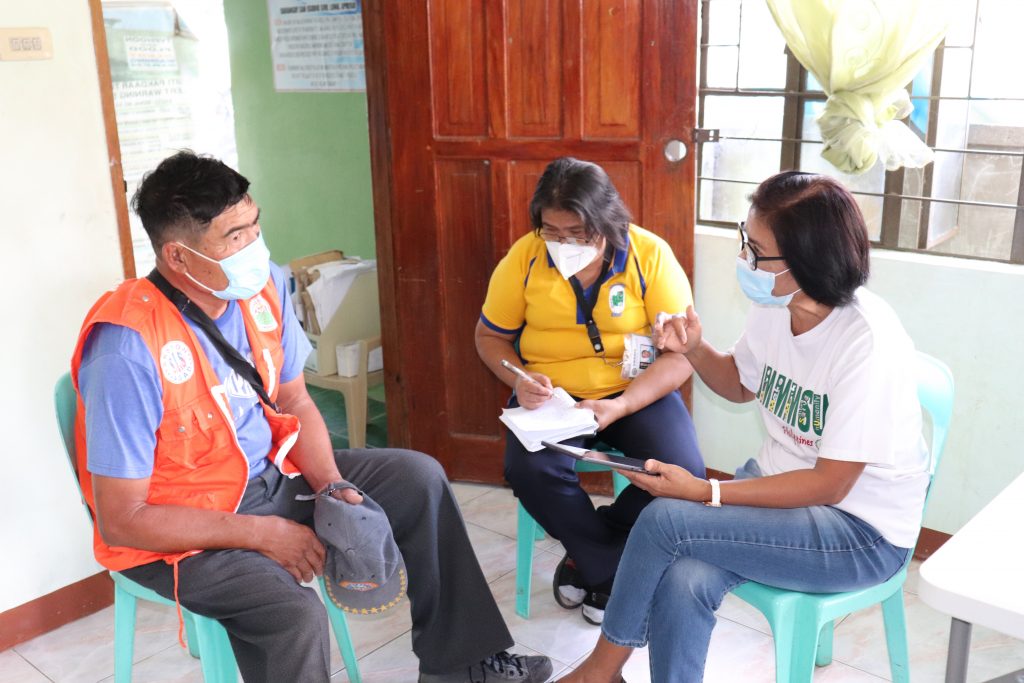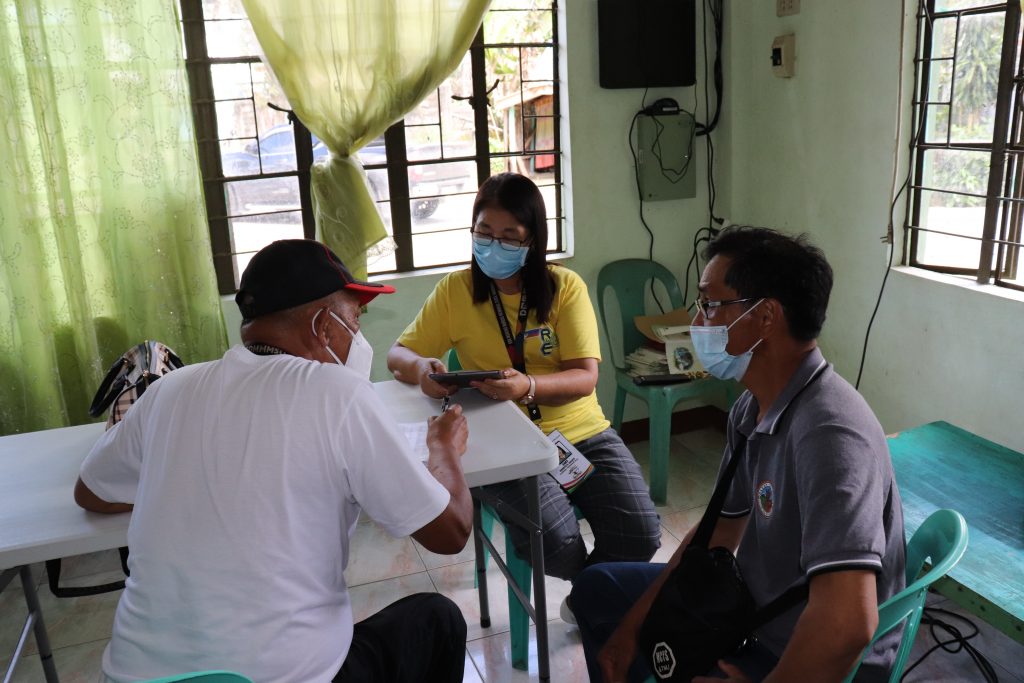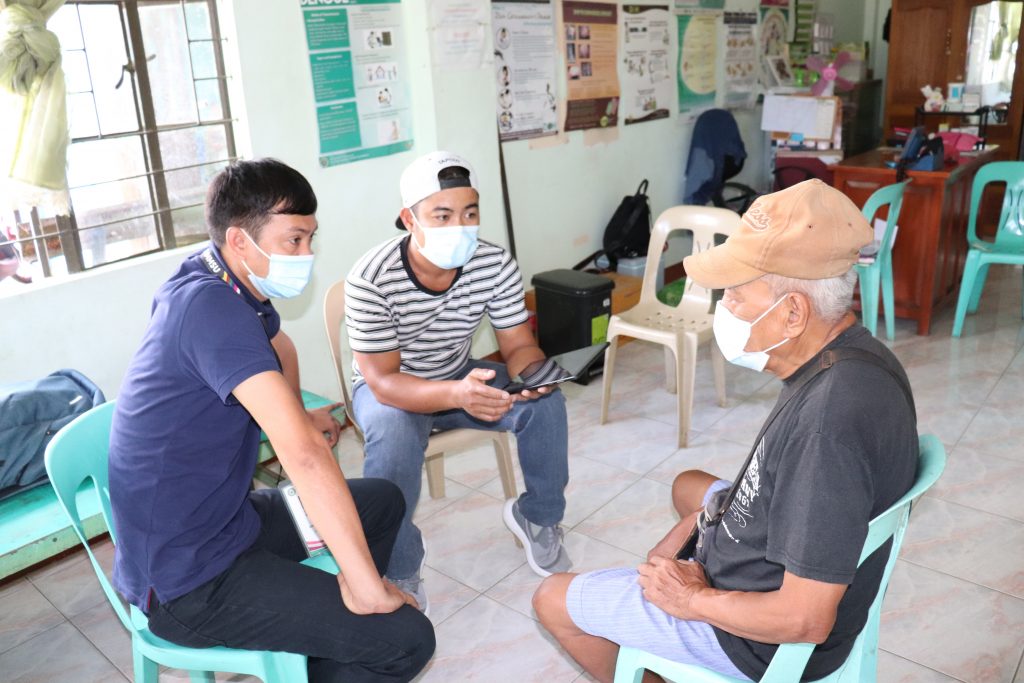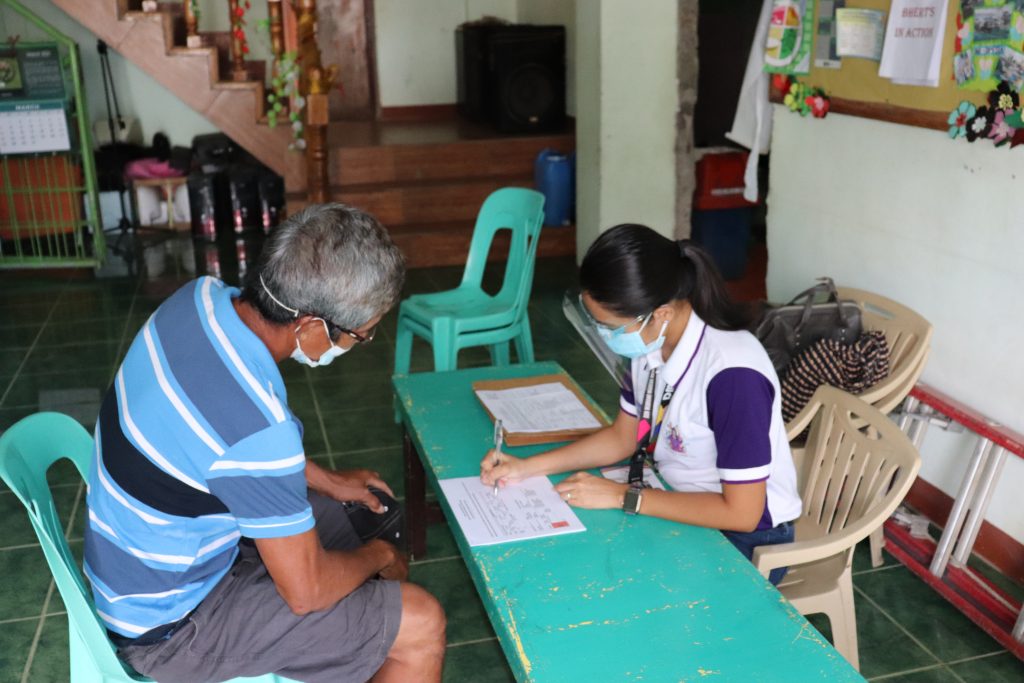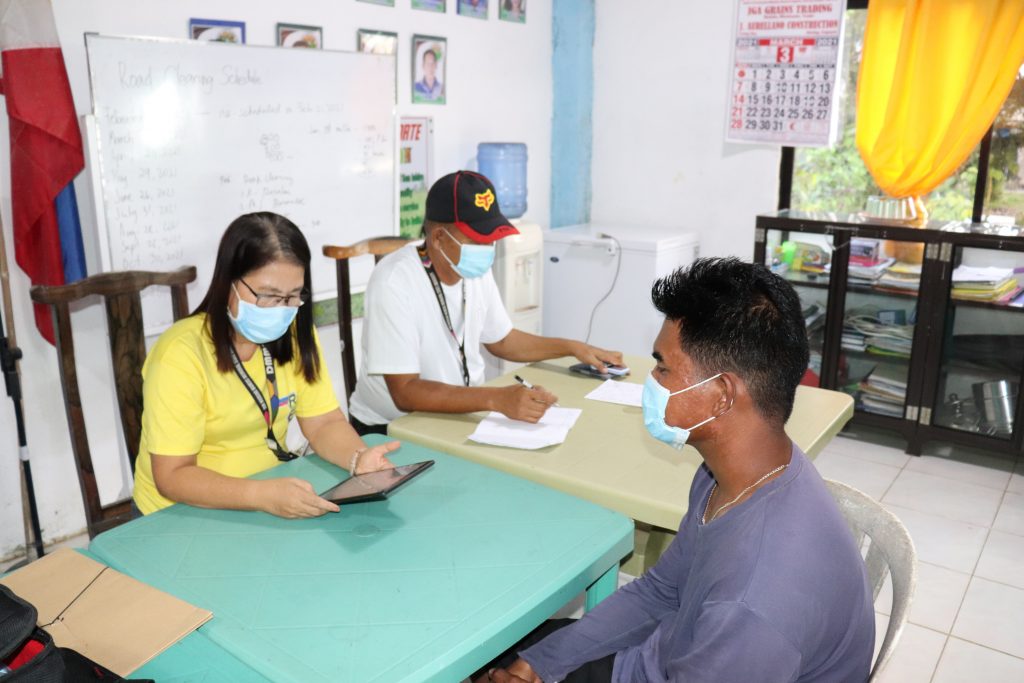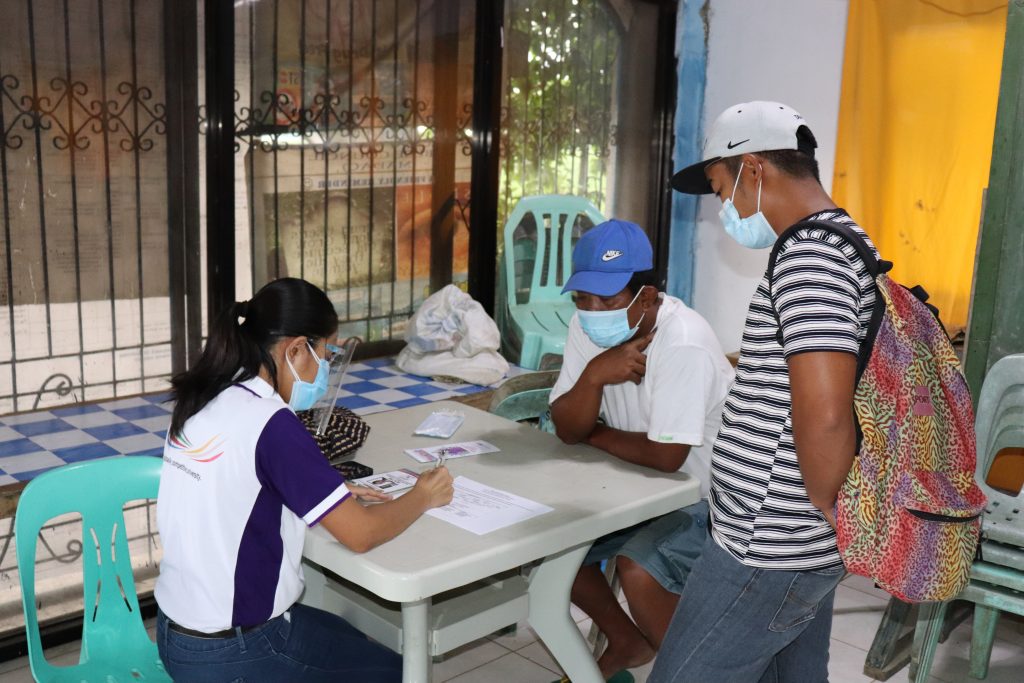
On March 17-19, 2021, a team composed of eight DMMMSU personnel led by Dr. Cynthia M. Rodriguez, Project Leader and Vice President for Research and Extension, visited the Province of Apayao. Their three-day official travel aimed at conducting preliminary activities for the Midterm Impact Assessment (IA) Project of the Special Area for Agricultural Development (SAAD), a nationwide project of the Department of Agriculture (DA).
A meeting with Dr. Nelia Z. Cauilan, President of Apayao State College (ASC), was held in the morning of March 17. A welcome program at the Conference Room, ASC Research and Extension Building followed and was participated in by the ASC staff, IA Focal Person (FP), and Research Assistant (RA).
Dr. Rodriguez introduced the members of her IA team namely Prof. Keneth Bayani, Prof. Valentino Prado, Dr. Mabel Caccam, Prof. Rodolfo Nillo, Prof. Emerita Galiste, Mr. Rufo Baro, and Ms. Rolyne Mae C. Pajarillo. Dr. Rodriguez explained the purposes of their visit and the objectives of the SAAD IA project. She ended her talk by extending her immense appreciation to ASC for accepting the role as one of the partner State Universities and Colleges (SUCs) entire the country. The following are the other SUCs with whom DMMMSU collaborates:
- Catanduanes State University for Catanduanes Province,
- Central Mindanao University for Bukidnon Province,
- Compostela Valley State College for Compostella Valley Province,
- Eastern Samar State University for Eastern Samar Province,
- Jose Rizal Memorial State University for Zamboanga del Norte Province,
- Mindanao State University-General Santos for Sarangani Province,
- Negros Oriental State University for Negros Oriental Province,
- Samar State University for Samar Province,
- Siquijor State College for Siquijor Province,
- Sorsogon State University for Sorsogon Province,
- Southern Leyte State University for Southern Leyte Province,
- Sultan Kudarat State University for Sultan Kudarat Province,
- Sulu State College for Sulu Province,
- University of Eastern Philippines for Northern Samar Province,
- University of Southern Mindanao for North Cotabato Province,
- Visayas State University for Leyte Province, and
- Dr. Emilio B. Espinosa Sr. Memorial State College of Agriculture and Technology for Masbate Province.
President Cauilan likewise presented her key officials and conveyed her sincere thanks to DMMMSU for this joint project. In her message, she emphasized that this is not the last shared work to be carried out together but is the start of many more partnerships. After the program, the team paid a courtesy visit at the SAAD Apayao Office to brief them about the intention of the social call and the goal of the IA project as a whole.
The pilot testing of survey questionnaires started after lunch of March 17, and was completed in sundown of March 19. It aimed to determine the appropriateness and completeness of the IA survey form. Thirty individuals and 10 association representatives randomly selected from the roster of SAAD beneficiaries provided by the national office served as respondents. A successful pilot test was achieved through the assistance of ASC and Municipalities of Pudtol, Santa Marcela, and Flora, Apayao Province. New ideas relevant to the attainment of the project objectives were also drawn from the participants’ views. These served as inputs in refining the survey tool which will also be used in gathering data from more than 4,000 other SAAD recipients in the 18 poverty-stricken Provinces in the Philippines.

The ceremonial signing of the Memorandum of Agreement between DMMMSU and ASC was held on March 18 at the Office of the ASC President’s Conference Hall. Witnesses from both parties were in complete attendance. Dr. Cauilan shared that, as an offshoot, new researches will be developed, and more collaboration where DMMMSU specializes in, which are favorable to the growth of the booming College, will soon be forged.
Due to the unceasing movement limitations and other restrictions caused by the global health crisis, the survey trial which was originally programmed to be piloted in Sorsogon and Siquijor, was done in Apayao considering its proximity from the IA team’s workplace. To facilitate easier data gathering and faster tabulation, the identified RAs will use android tablets in administering the assessment form. The functionality of the software developed by the team’s IT specialist was similarly tested.
It is hoped that despite constraints as affected by COVID-19, the team will be able to identify gaps, measure the real changes in the lives of the beneficiaries through the various interventions provided, and successfully attain the desired outcomes of this first DA-SAAD impact assessment project. (RMPajarillo)
